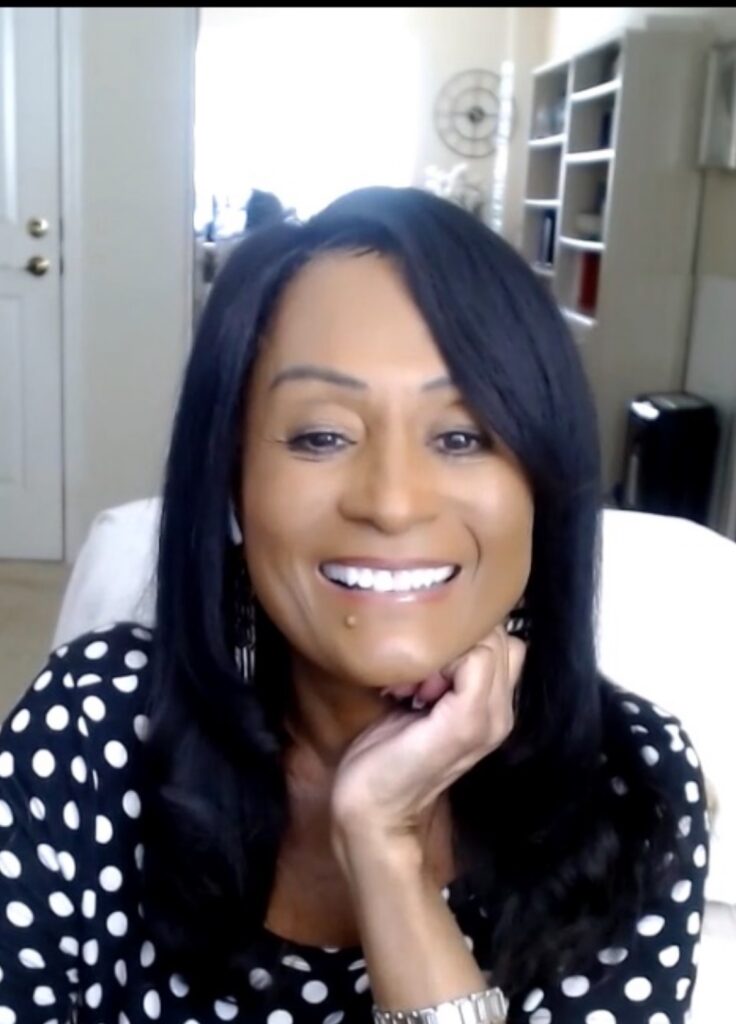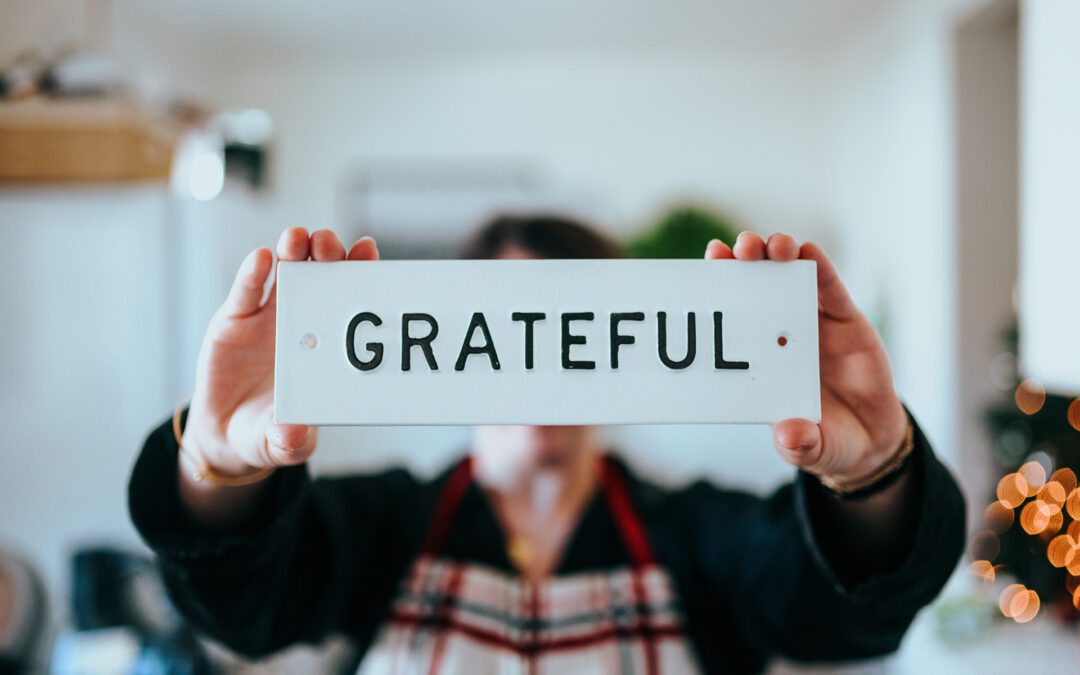Sometimes when we’re disappointed because we didn’t get the outcome we wanted, it’s hard to understand why it happened. It seems unfair that we try hard to achieve our goals with little visible success. It’s especially hard if we did our very best. “Why me?” we ask. “Why is this happening to me? What did I do wrong?”
There have been many times when I failed, made a mistake, or was rejected and inherently knew I must try again. I knew at my core that it wasn’t time to give up without a fight, even when I continually received rejection letters from literary agents, when it seemed like I’d never make it to the finish line during my first marathon race, and when my year-old marriage seemed likely to end in divorce court.
Nothing, absolutely nothing, happens in this world by accident, even if, at the moment, we can’t make sense of the experience. There are often two levels of reasoning. There is a logical, secular explanation, such as we weren’t prepared in the way we needed to be, or we could have made different choices. But there is also a spiritual, metaphysical accounting that suggests that whatever happens was for our highest and best good, regardless of outward appearances to the contrary. The spiritual reasons could be we weren’t emotionally ready to go to the next level, we had more inner work to do, there were more important things to attend to before our dream could be realized, it wasn’t the right time, or had we realized our dream, we would have missed another opportunity that we needed to experience.
Failing the California Bar exam repeatedly was one of my life’s single most painful experiences. But it provided me with my greatest opportunity. Had I passed that Bar exam, I’d be practicing law in California today, even though that’s not what I wanted to do. However, when I finally let go of the exam that appeared to be my reason for living, I awakened to a new and better life, a life I would have missed out on if I were sitting in a law office. Out of the darkness came the opportunity of a lifetime, which led me to coach, speak, train, consult, and now, writing my second book. Self-esteem comes from doing esteemable acts, and knowing that everything happens for a reason is an esteemable act.
Perhaps at a later date, I’ll retake the California Bar exam, and perhaps not. How do you know whether to let a dream go or keep it? And if you let go, how do you know when it’s time to try again? There is no one-size-fits-all answer. There are many factors to be considered, including timing. If you’re at this crossroads, take into account the following:
- Are you consumed with making your dream happen? During my struggle with the California Bar exam, my days and nights were consumed with preparing for the test, taking it, waiting for the results, then brooding because I failed it. I had no life and had become spiritually sick.
- How long have you worked to make it happen? How many at- tempts have you made? It’s easy to give up after one or two tries. But sometimes, the lesson stays the course until you know it’s time to let go. I stopped counting after six attempts to pass the exam. Some people believed I should have stopped sooner; I know I was right on time. For me, stopping sooner would have been giving up, not letting go. I needed to know I had done everything I could at that moment.
- How does your obsession with making it happen to affect your loved ones? Sometimes the price we pay is worth it—and sometimes it’s not. Only you can decide. I didn’t have a family to consider; today, I do. Maybe my decision about pursuing the exam would be different today—and maybe not.
- What are the financial implications? Health implications? Are you using your last dime, your family’s savings, or rent money? Are you borrowing lots of cash, or have people stopped lending you money? Are you overly stressed to the point of exhaustion? Are you getting sick? These are questions to consider.
- Is it your dream to make this happen? If so, sometimes it’s worth everything to keep the dream alive. My dream was to become a lawyer licensed to practice in the state of New York. That happened in 1991. The California Bar exam was an afterthought in 1993.
- Does your life or livelihood depend on the success of this experience? At the time, I thought so because I had no other skills. The experience forced me to be creative and think about what I wanted to do with my life.
- How do you know when you’re ready to resume the process? The answer varies. However, the amount of time since your last attempt, whether you’ve been able to acknowledge your mistakes, whether you’ve been able to identify lessons learned, and whether you’ve been able to reach out for help are all factors to be weighed.

Francine D. Ward
Attorney-At-Law, Author, Speaker
Follow Francine:
Don’t miss Francine’s Latest Blogs:
- What is a Habit?As we enter springtime, you may feel far away from your New Year’s resolution. That may be because of the success rate of NYE resolutions. In fact, January 17 is… Read more: What is a Habit?
- Common Contract MistakeCommon Contract Mistake #1. Not Having Written Agreements with EVERYONE You Do Business With. Common contract mistake. Without question, the most common contract mistake is not having the terms of… Read more: Common Contract Mistake
- AI and PatentsAI and Patents. Understanding Patent Law in the Age of AI. Patents, along with Copyrights, Trademarks, Trade Secrets, and Rights of Publicity, are one of the five areas of practice… Read more: AI and Patents
- Effective Goal SettingSetting Goals. It’s that time of year, time to plan for effective goal setting. A time when some of us start thinking about goals for the upcoming year. If you… Read more: Effective Goal Setting
- Indemnify AI UseBeware of companies that say they will indemnify AI use, that they will pay ALL the legal costs incurred by customers using Generative AI services (like ChatGPT, CoPilot, or Bard).… Read more: Indemnify AI Use












